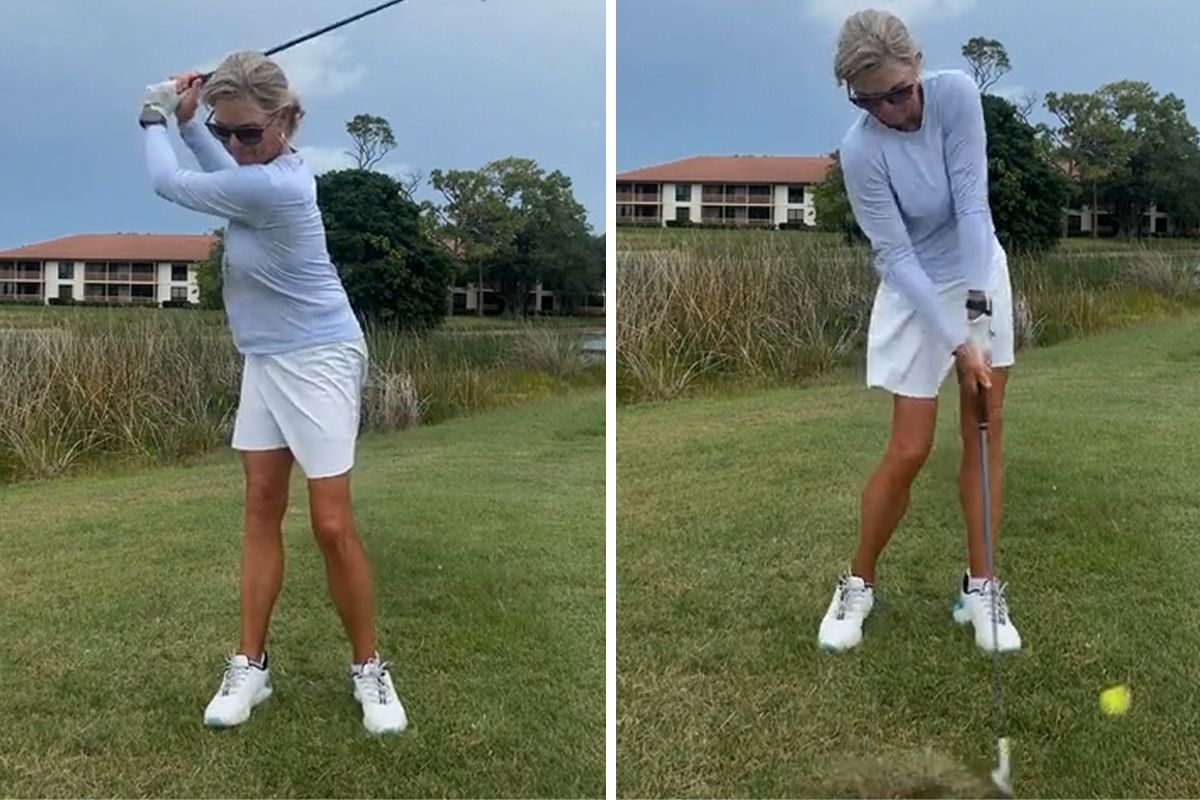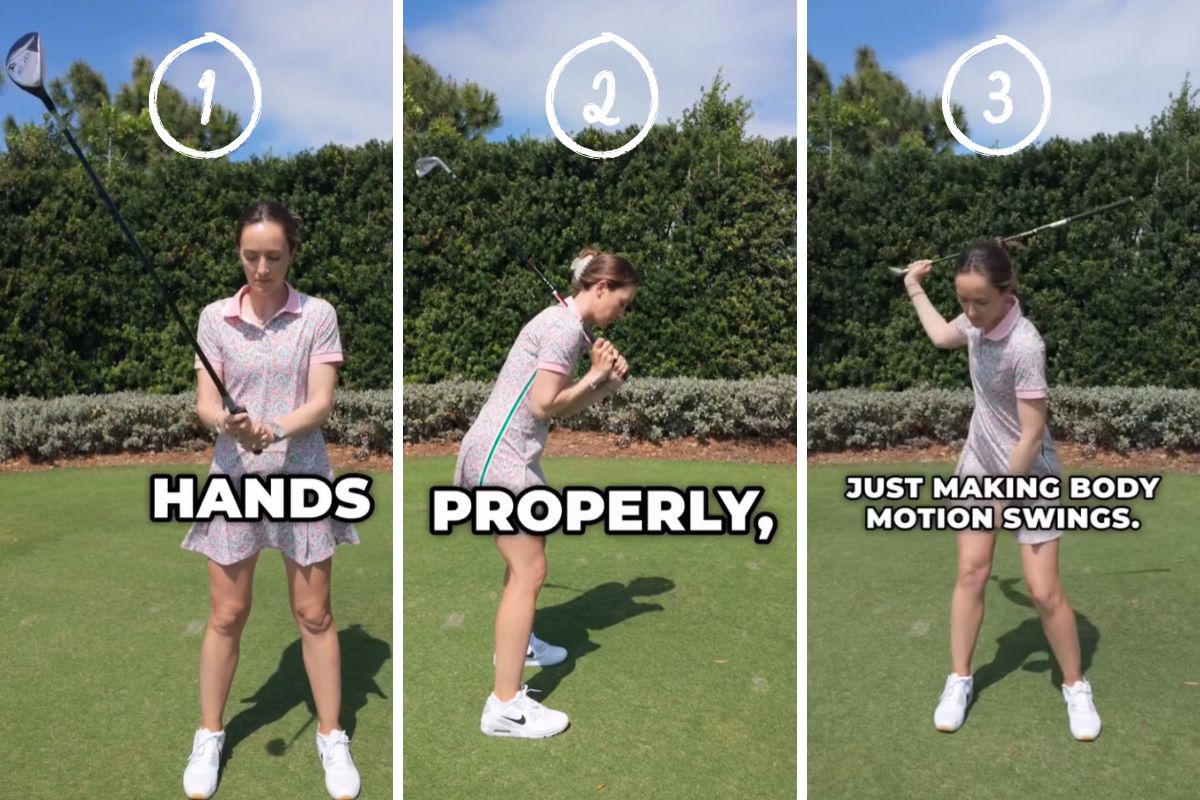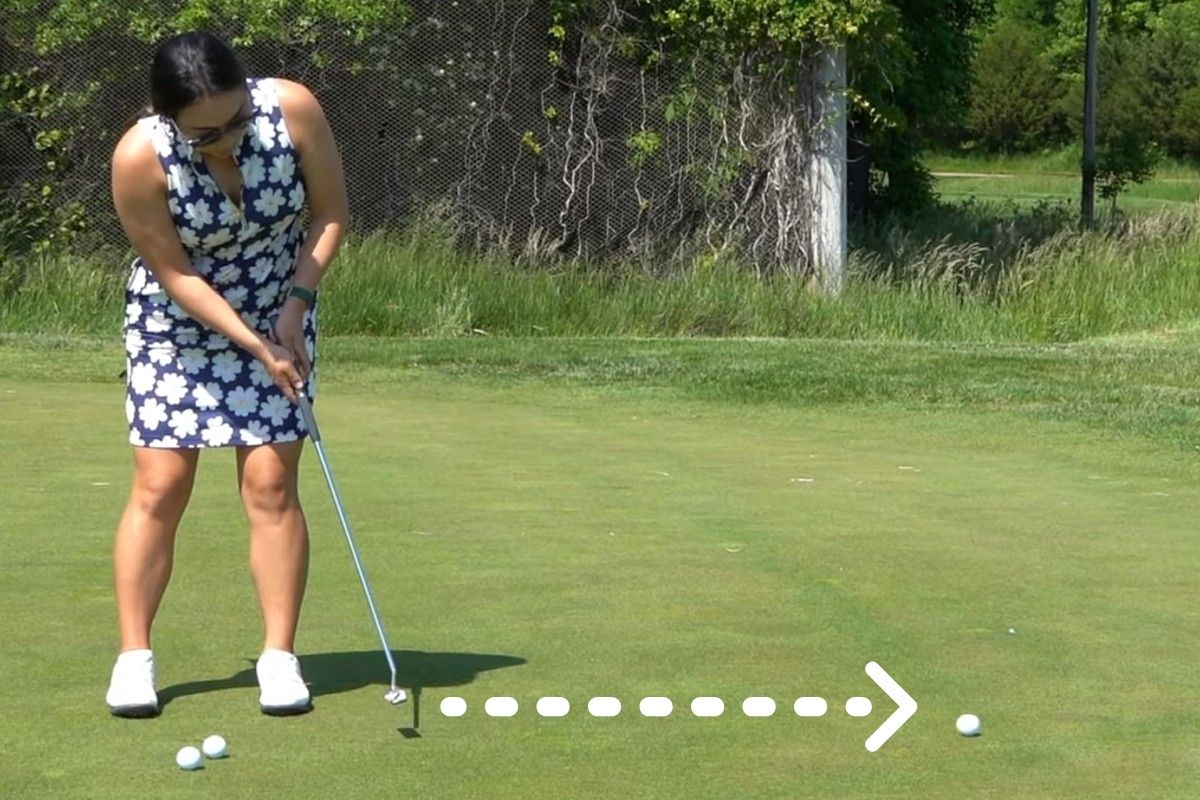There is a lot of information out there about what it takes to play golf in college, the scholarship opportunities and what you need to be doing in regards to the recruiting process, but I thought I would take a few minutes and give you some insight on things you may be doing or not doing that could ruin your college golf scholarship chances. Here are a few of the things you need to know so that you don’t cost yourself the chance to play in college and hopefully earn some scholarship money
Poor Grades
For those junior golfers who struggle to keep their grades up in high school, it could be grounds for not receiving a college golf scholarship. Poor grades are a red flag for a college coach that you may lack the time management and discipline needed to play golf in college. College life is more demanding than high school, so, if you struggle in high school with your grades then more likely you will struggle to keep up in college. Even a really strong recruit could get over-looked for another player who has better academics.

Inappropriate Social Media
This is probably one of the quickest ways to cost yourself a chance to play college golf. Everything you post has the chance to be seen by your future college coach so always be mindful of what you post and what you are being tagged in by your friends. Coaches don’t like to see any indication that you may be partying, using bad language, ungrateful or caught up in drama. Keep it clean!
Bad on course attitude
Coaches understand that you are going to get frustrated on the course during bad shots, bad holes, and bad rounds, they don’t expect you to always smile and be happy about it. They like to see some fire and competitiveness show, but when it affects your next shot, leads to inappropriate behavior, affects players around you and becomes disrespectful then it could be grounds for them to not want to recruit you.

Being Ungrateful and Disrespectful
Any signs of disrespect can quickly cost you a college golf scholarship, whether it’s disrespect to your parents, other players, staff or volunteers, if a coach sees it they will quickly change their mind about you. Also, if it ever appears that you are ungrateful for the opportunity to play golf it may lead a coach to no longer want to recruit you. Always show respect and gratitude to others and to the game of golf.
Dishonesty About Other Offers
Within the recruiting process, never lie about the communication or offers you have with another school. Coaches talk to each other, ALOT! If there is ever a reason for a coach to think you are being dishonest, either on or off the course it will quickly be grounds for taking you off their list. Also, always be aware when you are on the golf course to not break any rules or try to cheat, you never know when a coach may be watching.
Excessive Parental Involvement
While not necessarily the players fault, overbearing parents increasingly continue to be a top concern for reasons not to make an offer to a player. I get asked this many times as the 3rd or 4th question from a college coach about players. “How are the parents?” So, on the parents side of the equation, if you show too much emotion on the course, walk off because your son or daughter is playing bad, over coach them before or after the round, get angry with them after the round, speak for them on visits, make excuses for bad grades/poor scores or try to do the recruiting process for the player then you may cost your son or daughter their chance to play golf in college
Wheel and Deal a Scholarship
If coaches feel like you are trying to wheel and deal to negotiate scholarship money they may end up revoking their offer. There is some room for negotiating among coaches and offers, especially when you have several to work with, but do it honestly and genuinely, never try to make it about the best deal. They want you to value the scholarship money as a reward, not a right.

Communication
If a coach emails you or sends a questionnaire and you take weeks sometimes even months to reply, then there is a good chance they have already taken you off their list of potential recruits. The recruiting process can happen in the blink of an eye, if you don’t show a coach your enthusiasm and excitement for receiving their information then it tells them you aren’t very serious about playing for them. They know it may take a few days to respond, sometimes a week, but if you take much longer than that then you may easily be overlooked and passed over by that point. Respond in a timely manner.
Lack of consideration
Any time a coach (or anybody for that matter) takes the time to contact you and uses their resources for your benefit you owe them the courtesy of a reply. Whether they have sent you an email, come out to watch you play, invited you on a visit, or contacted your coach, take the time to reply back and at least say thank you. Think about how you feel when you try to contact a coach without any kind of response, it’s quite irritating, so try not to be that way back to a coach who has taken the time to contact you.
[td_smart_list_end]
 Brandi Jackson had a stellar collegiate career at Furman University, then she went on to play professionally for 8 years on the LPGA and Symetra Tour. In 2012 Brandi was inducted into the Furman University Athletic Hall of Fame and she serves on the Board of Directors for The Blade Jr Classic. She runs her own business out of Greenville, South Carolina where she consults junior golf families all over the world on competitive junior golf and the college recruiting process. For more information on Brandi Jackson visit her website at www.brandijacksongolf.com. Follow Brandi on Twitter @bjacksongolf and Instagram @bjacksongolf.
Brandi Jackson had a stellar collegiate career at Furman University, then she went on to play professionally for 8 years on the LPGA and Symetra Tour. In 2012 Brandi was inducted into the Furman University Athletic Hall of Fame and she serves on the Board of Directors for The Blade Jr Classic. She runs her own business out of Greenville, South Carolina where she consults junior golf families all over the world on competitive junior golf and the college recruiting process. For more information on Brandi Jackson visit her website at www.brandijacksongolf.com. Follow Brandi on Twitter @bjacksongolf and Instagram @bjacksongolf.
For more information about college golf recruiting and competitive junior golf, including Brandi’s innovative online Golf Recruiting 101 Course and Recruit Caddy Service, visit www.brandijacksongolf.com.









